-
 Laboratory for Complex Tissue Analysis
Laboratory for Complex Tissue AnalysisVictor G. Puelles
Mission Statement
“To decode pathological tissues across biological scales, paving the way to better diagnosis, stratification and treatment of patients”
— Victor G. Puelles, MD/PhD
Team Members

Milagros Wong, MD
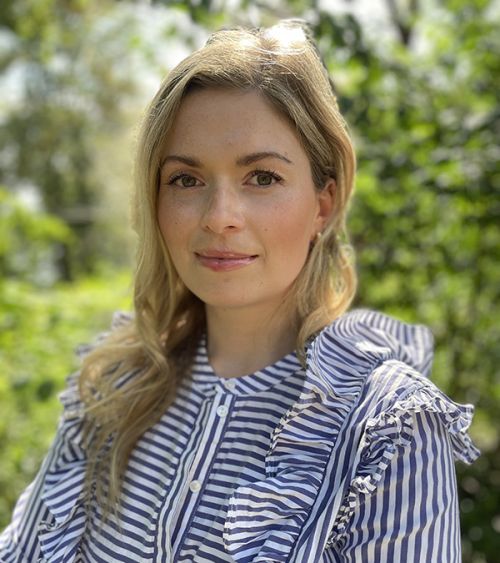
Stefanie Graefe
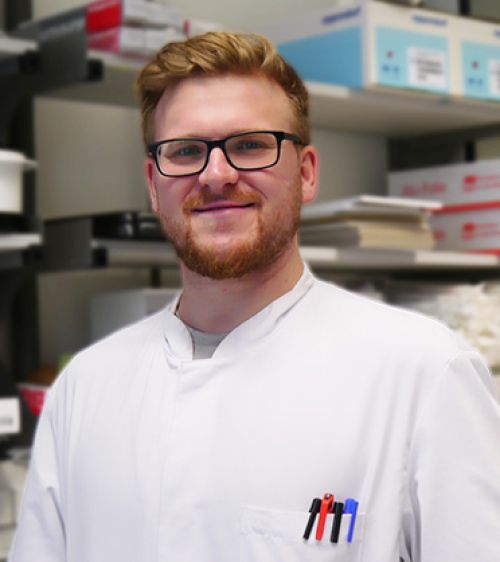
Thiago Strieder
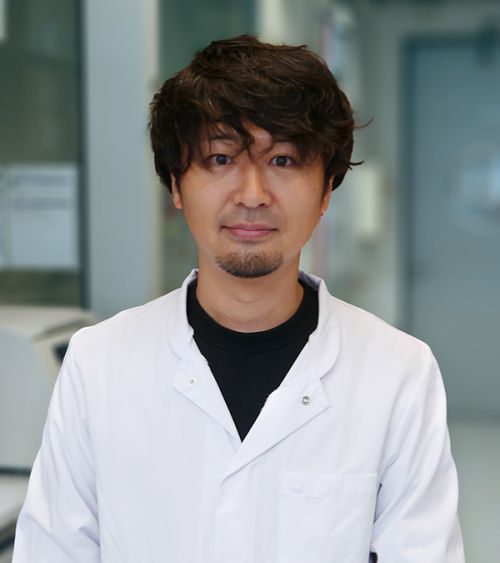
Yusuke Okabayashi, MD/PhD

Dominik Kylies, MD
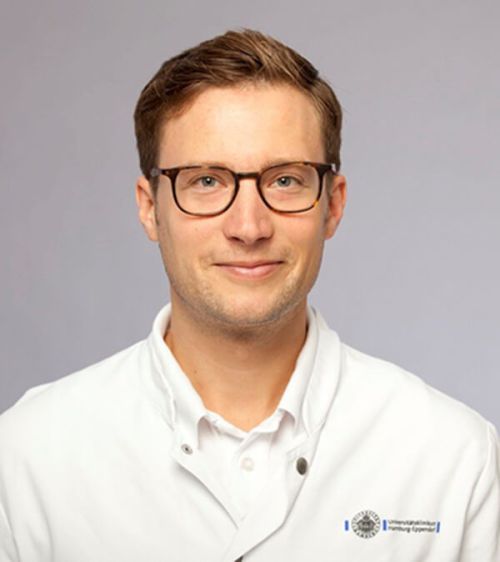
Jan Czogalla, MD
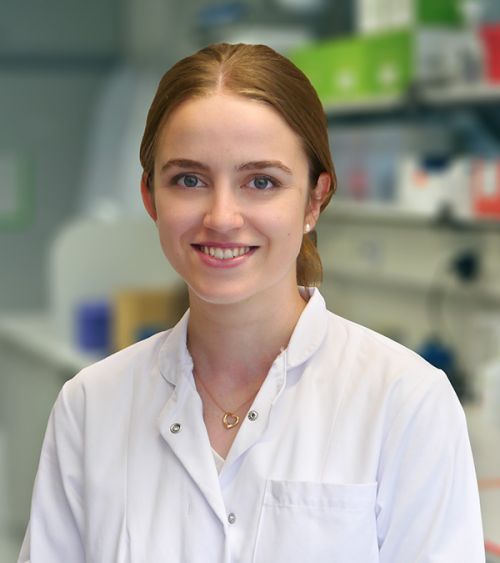
Maria Schwerk
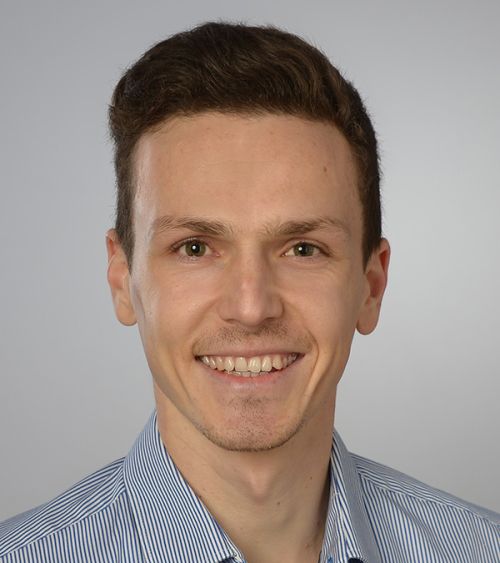
Nico Kaiser
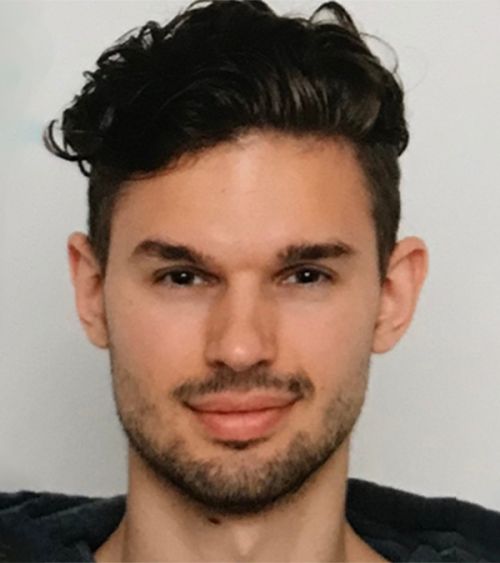
Malte Kuehl
Research
The laboratory for complex tissue analysis focuses on the development and application of tissue-based technologies to dissect pathophysiological processes in a well-characterized spatial context, which can be defined at different biological scales, including whole organs, intact functional structures, cells, and subcellular compartments.
Here, we provide some examples of the technologies available in our team:
- Optical clearing and light sheet microscopy: mammalian organs can be made translucent and advanced light microscopy can be used to visualize whole organs, ranging from mice to humans.
- Multiplex imaging: formalin-fixed paraffin-embedded (FFPE) tissues can be used to perform integrative anatomical and molecular analyses. We have developed a method for protein iterative staining and imaging, which can be combined with fluorescent in situ hybridization and classical histopathology. So far, we have been able to integrate over 60 markers in the same piece of tissue.
- Nanopathology: FFPE tissues can also be used to study subcellular structures at nanoscale (25-40nm), using a combination of expansion microscopy, bioinformatic image resolution enhancement, and LED-based widefield microscopy.
- Advanced image analysis: we use multiple tools, from classical segmentation to pixel-based cluster analysis and deep learning-based algorithms.
While our primary research goals are oriented towards understanding kidney disease, our technologies are applicable to any organ/system. At the moment, we have active collaborations in the fields of virology (eg. COVID-19), neurobiology (eg. cerebral malaria), gastroenterology (eg. immune-mediated colon and liver disorders), endocrinology (eg. obesity and diabetes), and hematology (eg. bone marrow fibrosis).
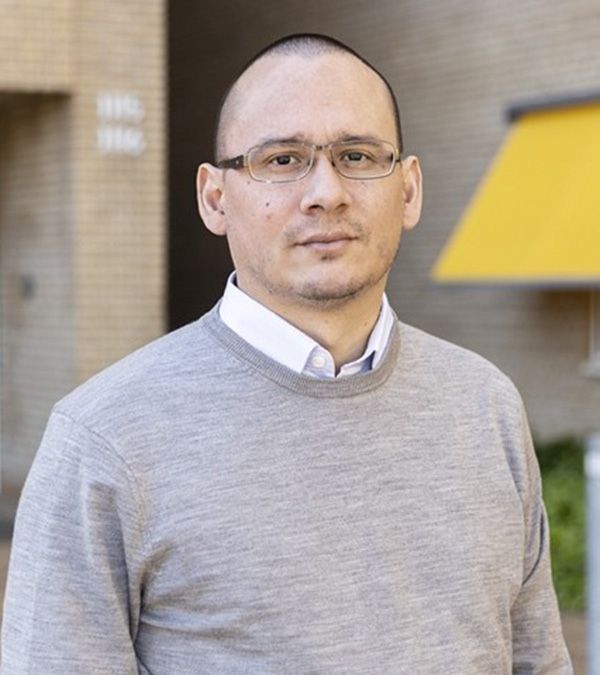
Victor Puelles, MD/PhD
Professor for Complex Tissue Analysis
III. Department of Medicine, University Medical Center Hamburg-Eppendorf (UKE)
Martinistr. 52
20246 Hamburg, Germany
CV
|
since 2022
|
Professor for Complex Tissue Analysis, III. Department of Medicine, UKE, Hamburg, Gemany |
|
|
| since 2022 | Professor for Complex Tissue Analysis, Department of Clinical Medicine, AU, Aarhus, Denmark |
|
2002 - 2009
|
MD, Universidad Peruana Cayetano Heredia, Peru |
|
2011 - 2014 - 2020
|
PhD, Department of Anatomy and Developmental Biology, Monash University, Australia |
Scientific postgraduate education:
|
2020 - 2022
|
Group Leader and Assistant Professorship for Complex Tissue Analysis, III. Department of Medicine, UKE, Gemany |
|
2018 - 2019
|
Humboldt Research Fellow, III. Department of Medicine, UKE, Germany |
|
2016 - 2017
|
NHMRC CJ Martin Research Fellow, Department of Nephrology and Clinical Immunology, University Hospital RWTH Aachen, Germany |
| 2015 - 2016 | Research Fellow, Department of Anatomy and Developmental Biology, Monash University, Australia |
Selected publications
1. | Kylies D, Zimmermann M, Haas F, Schwerk M, Kuehl M, Brehler M, Czogalla J, Hernandez LC, Konczalla L, Okabayashi Y, Menzel J, Edenhofer I, Mezher S, Aypek H, Dumoulin B, Wu H, Hofmann S, Kretz O, Wanner N, Tomas NM, Krasemann S, Glatzel M, Kuppe C, Kramann R, Banjanin B, Schneider RK, Urbschat C, Arck P, Gagliani N, van Zandvoort M, Wiech T, Grahammer F, Sáez PJ, Wong MN, Bonn S, Huber TB, Puelles VG. Nat Nanotechnol. 2023 Apr;18(4):336-342. |
2. | Molecular consequences of SARS-CoV-2 liver tropism. |
3. | Pro-cachectic factors link experimental and human chronic kidney disease to skeletal muscle wasting programs. |
4. | Deep learning-based molecular morphometrics in kidney biopsies. |
5. | Decoding myofibroblast origins in human kidney fibrosis. |
6. | SARS-CoV-2 renal tropism associates with acute kidney injury. |
7. | Multi-organ and renal tropism of SARS-CoV-2. |
8. | Cellular and Molecular Probing of Intact Human Organs. |
9. | mTOR-mediated podocyte hypertrophy regulates glomerular integrity in mice and humans. |
10. | The tetraspanin CD9 controls invasive migration and proliferation of parietal epithelial cells and glomerular disease progression |
* Represents equal contributions as co-first or co-senior authors. |
News
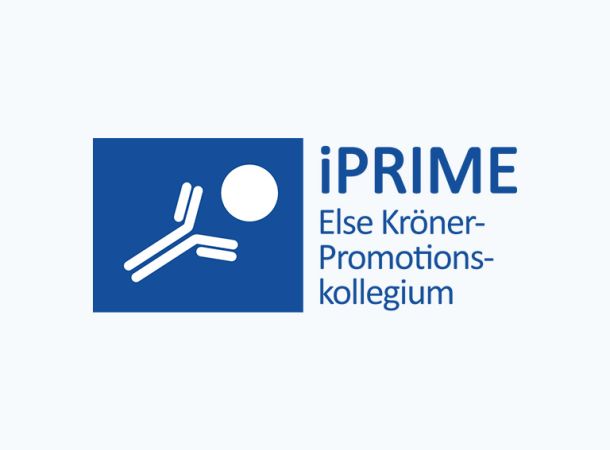
Immune Response to Malaria and Chagas disease
PD Dr. Thomas Jacobs, Bernhard Nocht Institute for Tropical Medicine, „Immune Response to Infection“ ...
Martinistraße 52
Campus Research N27
20246 Hamburg Germany







